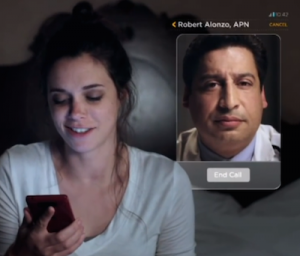 A significant percentage of Medicare dollars will move to value-based care models and away from fee-for-service, if HHS meets its just announced three-year plan.
A significant percentage of Medicare dollars will move to value-based care models and away from fee-for-service, if HHS meets its just announced three-year plan.
Yesterday HHS set a goal to tie "30 percent of traditional, or fee-for-service, Medicare payments to quality or value through alternative payment models, such as Accountable Care Organizations (ACOs) or bundled payment arrangements by the end of 2016, and tying 50 percent of payments to these models by the end of 2018."
The general shift away from fee-for-service toward accountable care has providers across the country working to roll out the necessary digital health programs to support new care delivery models.
Philadelphia's Thomas Jefferson University Hospital, a 1,000 bed facility with $2.1 billion in operating revenue, is investing $20 million to build two new urgent care centers and to create a video visits program that would enable the hospital to help patients while keeping them out of their physical facility, according to a report from Bloomberg.
“The best way to save the system lots of money is to keep them out of the hospital,” Jefferson CEO Steve Klasko told Bloomberg.
The virtual medicine team already includes 100 employees at the hospital, which began testing different video visits services late last year. Bloomberg reports:
"One afternoon in January, staff crowded around an iPad in Ellen Louka’s hospital room, briefing her daughter, who was at work, via video chat about the progress Louka was making after her hip replacement. The surgeon held an X-ray up to the camera and explained that the 79-year-old could bear weight on her new hip right away. 'Jefferson believes that it’s worth doing, even though it’s not reimbursed,' says Sang Hoon Woo, a doctor who leads residents on such virtual rounds."
The program's next step is to help the hospital's providers work with patients' primary care providers post-discharge. The longterm vision includes a "virtual emergency department" that would connect providers to patients at home instead of having them come to the ER.
Dr. Judd Hollander, an ER doctor at Jefferson said that the program's real sign of success will be “when the ERs start closing.”












